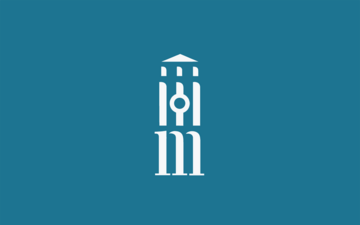NPR's Only a Game chats with Brian Porto about "The Supreme Court and the NCAA"

Brian L. Porto, author of the recently-released The Supreme Court and the NCAA: The Case for Less Commercialism and More Due Process in College Sports, took to the radio this past weekend to discuss his new book with Only a Game, produced by Boston NPR affiliate 90.9 WBUR. Porto's book, which addresses long-simmering concerns about the commercialization of college sports, became especially timely thanks to a series of articles by New York Times columnist Joe Nocera; University of Michigan President Emeritus James Duderstadt has also weighed in on the controversy. The Supreme Court and the NCAA examines two court cases that, in Porto's view, created the commercialized culture of college sports, and also offers a legislative remedy to the problem.
Before the case of NCAA v. Board of Regents (1984), Porto told NPR, “The benefits of the football television plan were that there was an opportunity for smaller schools to participate and the payout was the same, regardless of size or fame of the school. So there were not, at that time, great financial incentives to boost your athletic program to the degree that it would appear many times on television." Following the landmark decision, though, "the market opened up," an event that coincided with the rise of cable television networks.
Porto says the solution may be a new law, one which--perhaps ironically--would give the college athletics governing body more authority. “The bill that I’ve proposed would exempt the NCAA from antitrust laws to the extent that it enacted measures that were designed to promote education for college athletes and limit commercialism," Porto said on the program. "For example, ending Thursday night college football games; requiring that college basketball games on weeknights not start later than 7:30 in the evening; limiting coaches’ salaries to no more than 90% of what the university president makes. … If it engaged in activities that were purely commercial, and if the plaintiff in a lawsuit could demonstrate that, then the NCAA would have to defend the rule and show that it really was educational, and it would be up to the court to determine.”



